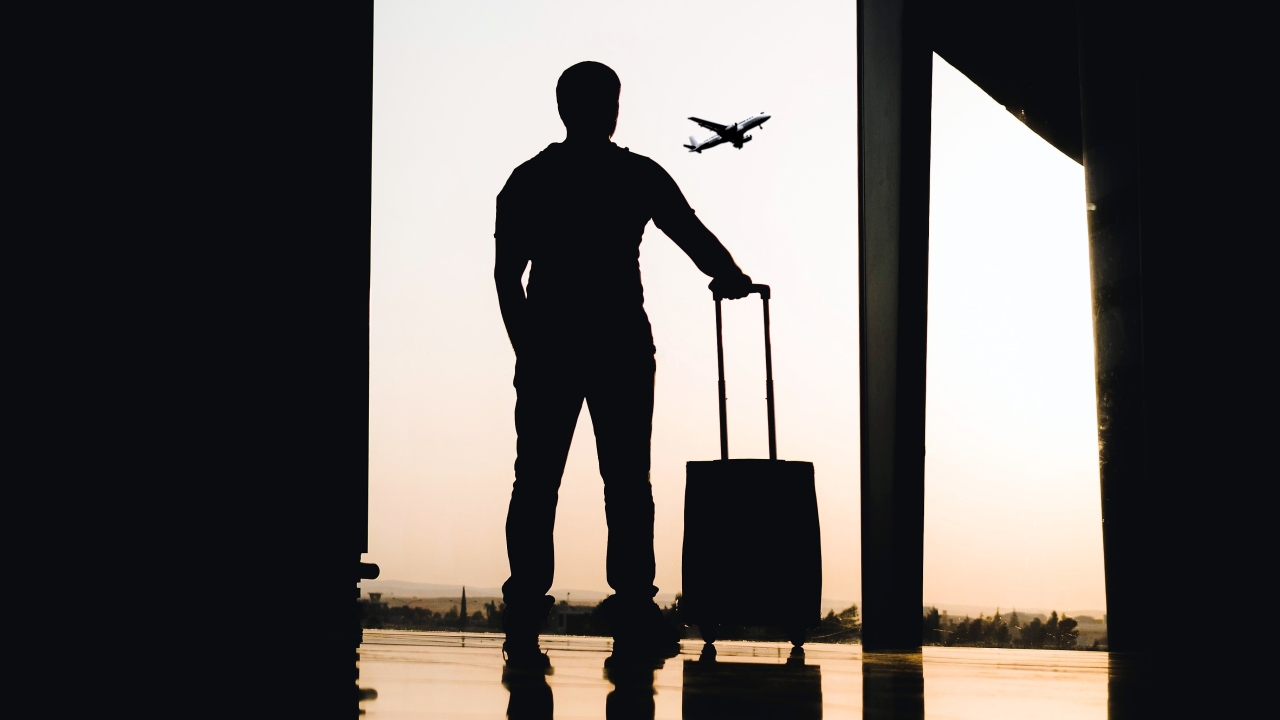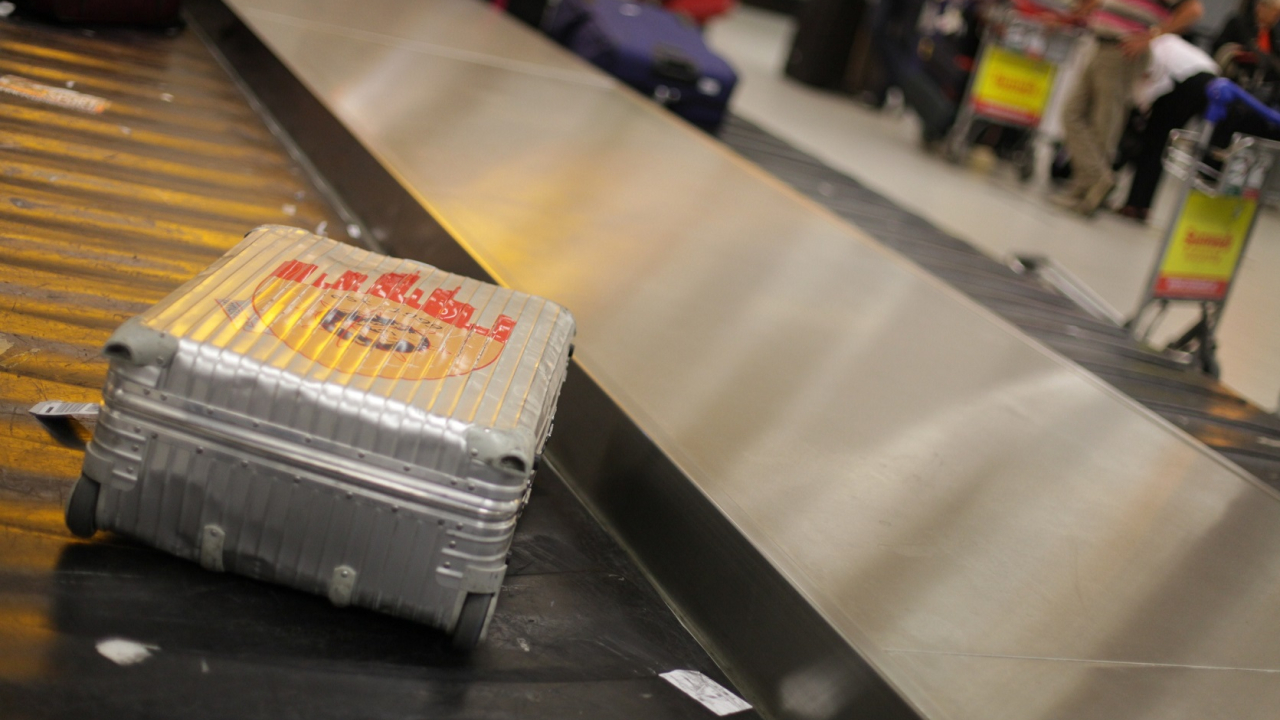The Worst Offenders for Lost and Delayed Luggage in Q1—and the Most Improved
Kevin Rozario
April 26, 2023

© Yousef Alfuhigi/Unsplash
According to data gathered by SOStravel.com during the first quarter of 2023, there was a 75% year-over-year (YoY) increase in lost, damaged, or delayed checked bags. However, when taking into account a sharp air traffic rise of almost 90% in the same period, it appears that airlines and airports improved their relative performance compared to Q1 2022.
Digital travel company, SoSTravel, which is listed on Milan’s Euronext Growth Index, collected the data via its proprietary Lost Luggage Concierge service. It named Ezeiza (EZE) in Buenos Aires, Argentina, as the worst-performing airport, and Air France and Royal Air Maroc as the worst offenders among airlines, with Lufthansa ranked third.
The most improved airport was Beirut Hariri International (BEI) in Lebanon where there was a drop of 71% in lost, damaged, or delayed bags while Tunisair was the airline to take the same plaudit, with a drop of 81%.
“Reconnecting passengers with their luggage is our job. Sometimes the process is just a long string of phone calls in various languages, telegraph messages over the SITA network, and lots of paperwork. Other times it turns into a detective movie,” said Edoardo Zarghetta from SoSTravel.com. “This quarter was no different from others, but we can see the situation normalizing somehow to pre-COVID19 standards.”
The data were collected from January 1 to April 13, 2023, based on the claims received by passengers who bought SoSTravel’s Lost Luggage Concierge Service. Those claims straddled 63 airlines, 25 departure airports, and 144 arrival gateways.

Baggage delays, damage, and losses have improved relative to the passenger increase in Q1 2023.
© Dimitri Karastelev/Unsplash
Size Doesn’t Matter
The airports with the most problems for luggage were Ezeiza, followed by Douala (DLA) in Cameroon, and Bangkok Suvarnabhumi (BKK) in Thailand. Their volumes do not seem to be a factor; EZE processed more than 12.8 million passengers in the past year while DLA only handled 1.5 million. “Airport size is not the cause of the problem,” said SoSTravel.
In some cases, IT systems were at fault. Lufthansa is known to have experienced more than one glitch with its software for flight, passenger, and luggage handling, while strikes in Germany haven’t helped.
Generally, however, Europe remains the safest spot when it comes to baggage loss, followed by the United States. Airports in the U.S. accounted for only 5% of those with luggage incidents.
While connecting flights, increase the chances of problems—especially if there is more than a single connection—Dubai and its home airline Emirates were both ranked higher compared to last year. They handle an exceptionally high proportion of connecting baggage.
Low-cost carriers also come out well. Out of the 66 airlines with luggage claims, only 14 were budget airlines. The two worst in SoSTravel’s assessment were fully-fledged national carriers while TAP Portugal emerged as the airline that worsened the most, with 110% more claims YoY.
SoSTravel operates the SoSTravel and Flio apps, offering booking services, digital itineraries including flight and airport information, car rental, experiences, and insurance services. It publishes its Lost Luggage Index three times a year, after Easter, in summer, and in the new year.
